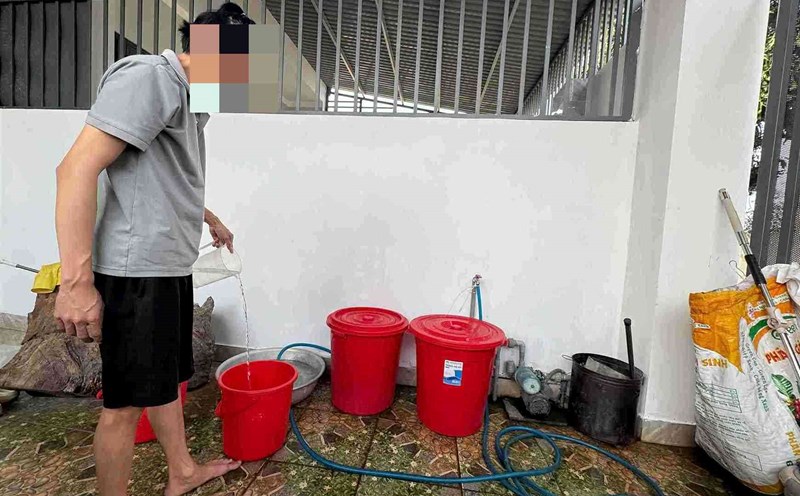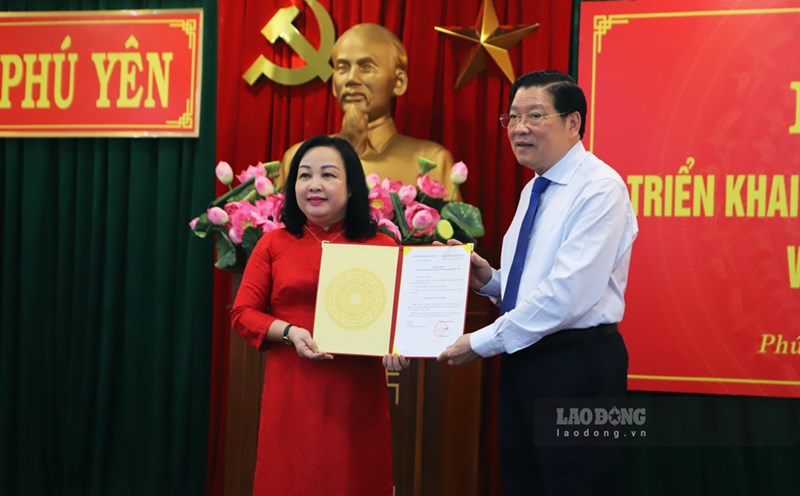Difficulty in meeting strict standards from the international market
Speaking at the discussion session within the framework of the event "Green transformation - Joining hands for a sustainable Vietnam", Mr. Trinh Duc Kien - Deputy Director of Ke Go Company Limited - shared that wood manufacturing and exporting enterprises are facing many challenges when participating in the green transformation race, meeting strict standards from the international market.
According to Mr. Kien, the requirement for green and sustainable is no longer a trend but has become a mandatory condition in many major markets such as Europe, North America, East Asia and Australia. Especially in the wood industry, these standards are applied throughout the entire product value chain - from input materials to production methods and finished products.
Many international customers require businesses to use wood raw materials with sustainable forest management certificates such as FSC or PEFC. At the same time, it must be proven that the exploitation process does not cause deforestation or forest loss - in accordance with the regulations such as the current EUTR of the EU and the EUDR to be applied in the coming time.
During the production process, standards are also tightened with the requirement to apply environmentally friendly technology, no toxic emissions.
For example, the EU is implementing a carbon adjustment mechanism (CBAM), forcing businesses to declare greenhouse gas emissions per product unit, said Mr. Kien.
In addition, the labor factor is also a part of the green demand chain. Enterprises must ensure welfare regimes, working conditions in accordance with Vietnamese law and international practices such as BSCI or SEDEX SMETA standards.
In the product stage, the trend of "greening" materials is also increasingly clear. "Many product groups are forced to replace materials with environmentally friendly materials, such as disposable eating utensils made of bamboo and paper instead of plastic" - Mr. Kien cited.
However, this conversion process is putting great pressure on businesses, especially in terms of costs.
Change in technology, production processes and product design significantly increases product prices, making it difficult for businesses to compete, especially in markets that are still loose in environmental requirements, Mr. Kien analyzed.
One of the shortcomings that Mr. Kien mentioned was the shortage of domestic support policies. In Vietnam, many environmentally friendly products have not yet received priority for consumption because there are no specific regulations on the roadmap to limit or ban the use of polluting products such as plastic bags, plastic cups, disposable plastic items, etc.
Need for a clear and synchronous legal corridor
From practical activities, the representative of Ke Go Company proposed that the Government soon issue a specific roadmap and deadline for banning or limiting the use of environmentally unfriendly products, instead of stopping at voluntary calling campaigns.
In addition, Mr. Kien also recommended prioritizing public procurement of goods and services of enterprises that have invested systematically in green transformation, while reviewing and unifying regulations on the management of wood and forestry products to create conditions for enterprises to prove the legality and sustainability of input materials.
Green transformation is inevitable, but to make businesses implement effectively and sustainably, there needs to be a clear, synchronous legal corridor and substantial support mechanisms, Mr. Trinh Duc Kien emphasized.












